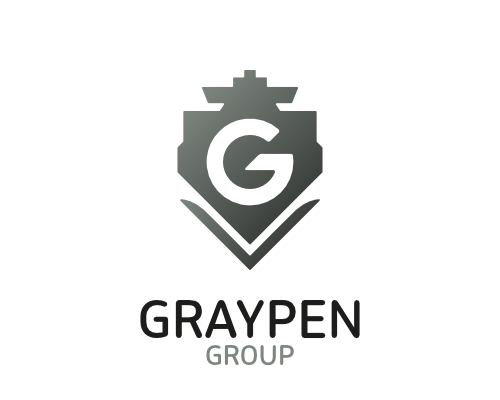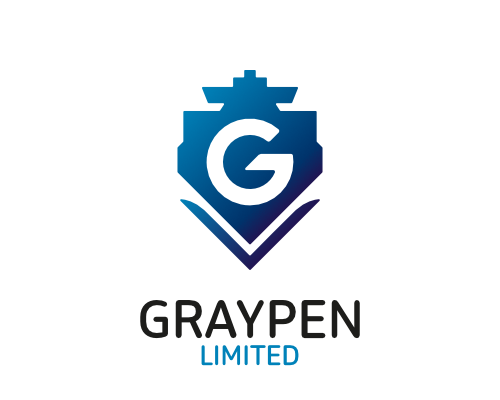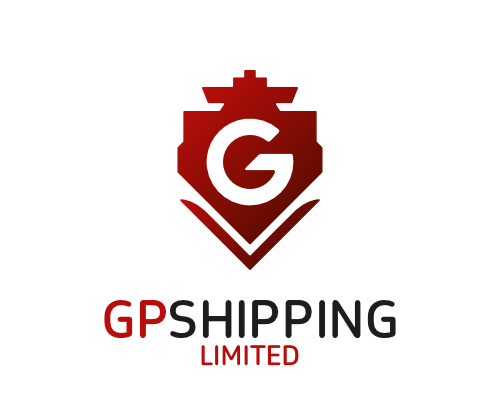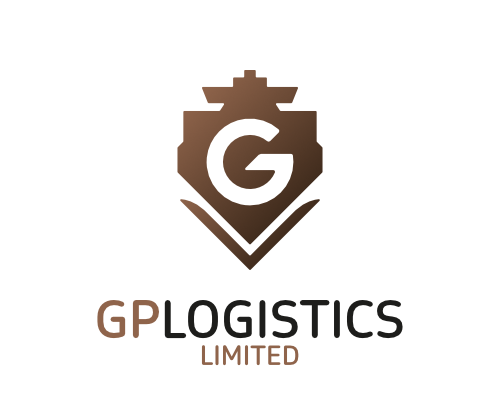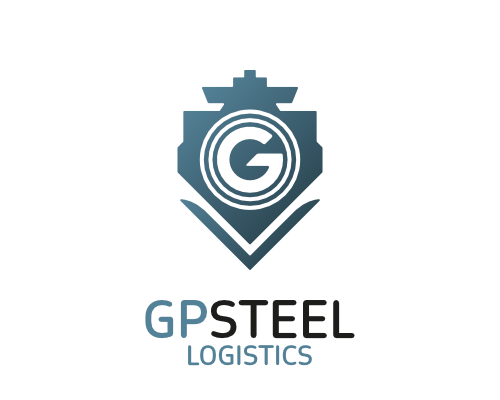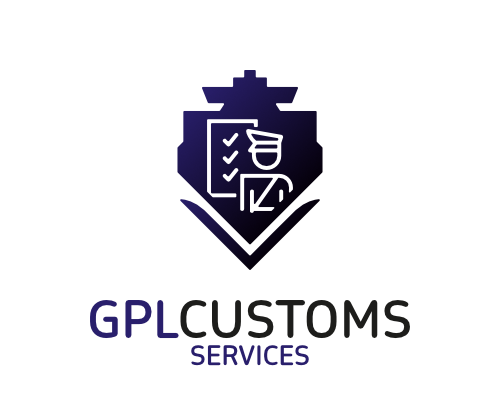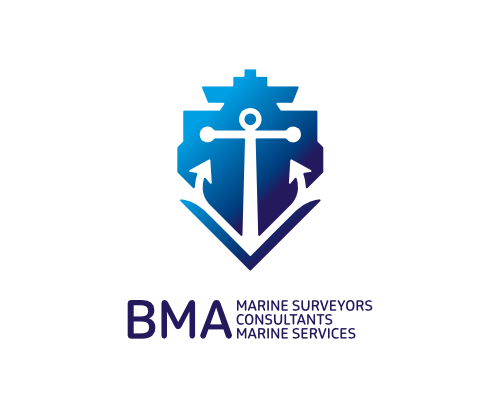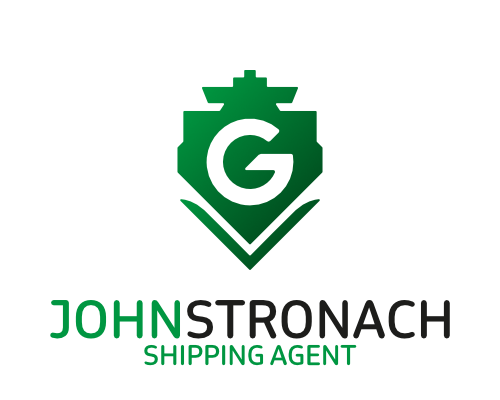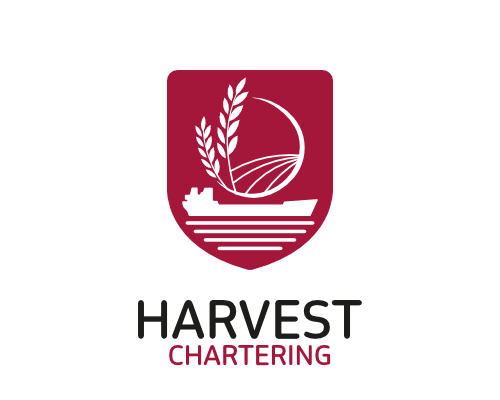
Latest Blogs
Archive
2024
1 Blog
October
1 Blog Items
June
1 Blog Items
May
2 Blog Items
April
1 Blog Item
FCL vs LCL: Choosing The Right Shipping Method
When it comes to international shipping, a crucial decision you'll face is selecting the optimal shipping method for your cargo – Full Container Load or Less Than Container Load. Both offer distinct advantages and disadvantages, and understanding these differences is key to ensuring cost-effective and efficient transportation of your goods.
FCL vs LCL - What Do They Mean?
FCL (Full Container Load)
FCL is ideal for businesses shipping large volumes of cargo, filling in entire container and the consignee has exclusive use of its space.
LCL (Less Than Container Load)
This method is suitable for businesses with smaller shipment volumes that don't fill an entire container. Here, your cargo is consolidated with goods from other companies within a single container.
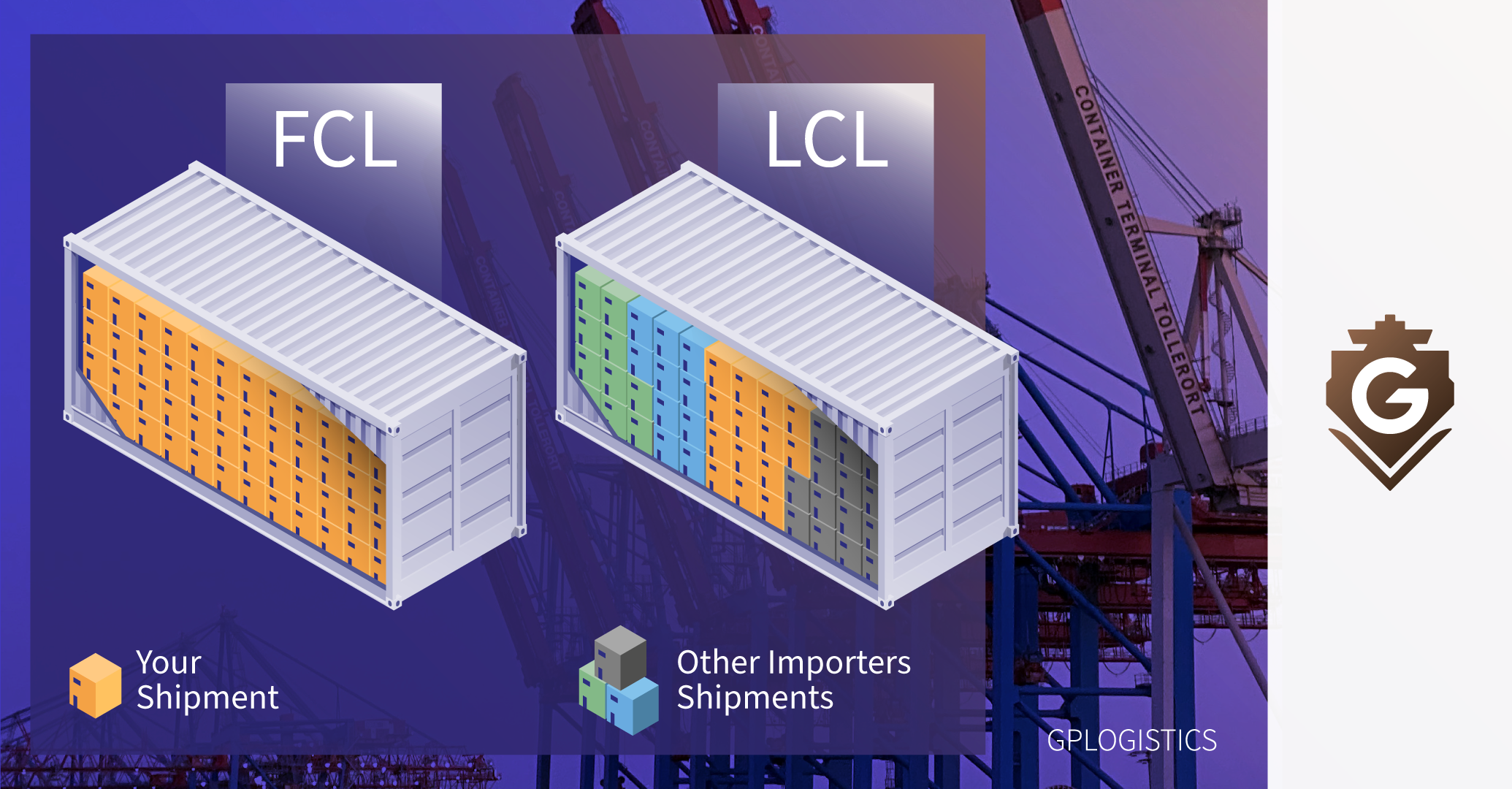
Making the Right Choice - Factors to Consider
Selecting the optimal shipping method hinges on several key factors:
Cargo Volume and Costs
The primary consideration is the volume of your shipment. If your cargo fills a standard container (typically 20 or 40 feet long), FCL is the most cost-effective option. For smaller shipments, LCL might be more suitable. Consider obtaining quotes from freight forwarders for both methods to make an informed decision.
Delivery Time Constraints
If time is of the essence, FCL generally offers faster delivery due to streamlined processing. LCL shipments might experience delays due to additional handling and consolidation processes.
Security Concerns
FCL provides the advantage of having exclusive use of the container, minimising the risk of damage or loss. Comparatively, to FCL, LCL shipment is considered more exposed to damage and loss due to multiple handling points and shared container space with other importers/exporters.
Additional Considerations
While volume is a primary factor, several other considerations can influence your choice:
-
Frequency of Shipments - If you have frequent small shipments, LCL might be more convenient, even if the cost per unit is slightly higher.
-
Destination and Port Congestion - Certain ports might experience congestion, potentially impacting LCL shipment times more significantly than FCL due to additional handling procedures.
Finding the Perfect Fit - Consulting a Freight Forwarder
Given the complexities involved, consulting a reputable freight forwarder is highly recommended.
They can assess your specific needs, analyse your cargo volume and destination, and recommend the most cost-effective and efficient shipping method (FCL or LCL) for your situation.
Freight forwarders can also handle the complexities of customs clearance and documentation, ensuring a smooth and streamlined shipping experience.
By carefully considering the factors outlined above and consulting with a freight forwarder, you can confidently navigate the ocean freight landscape and select the optimal shipping method for your business needs.
This will ensure your cargo reaches its destination efficiently, cost-effectively, and securely.


